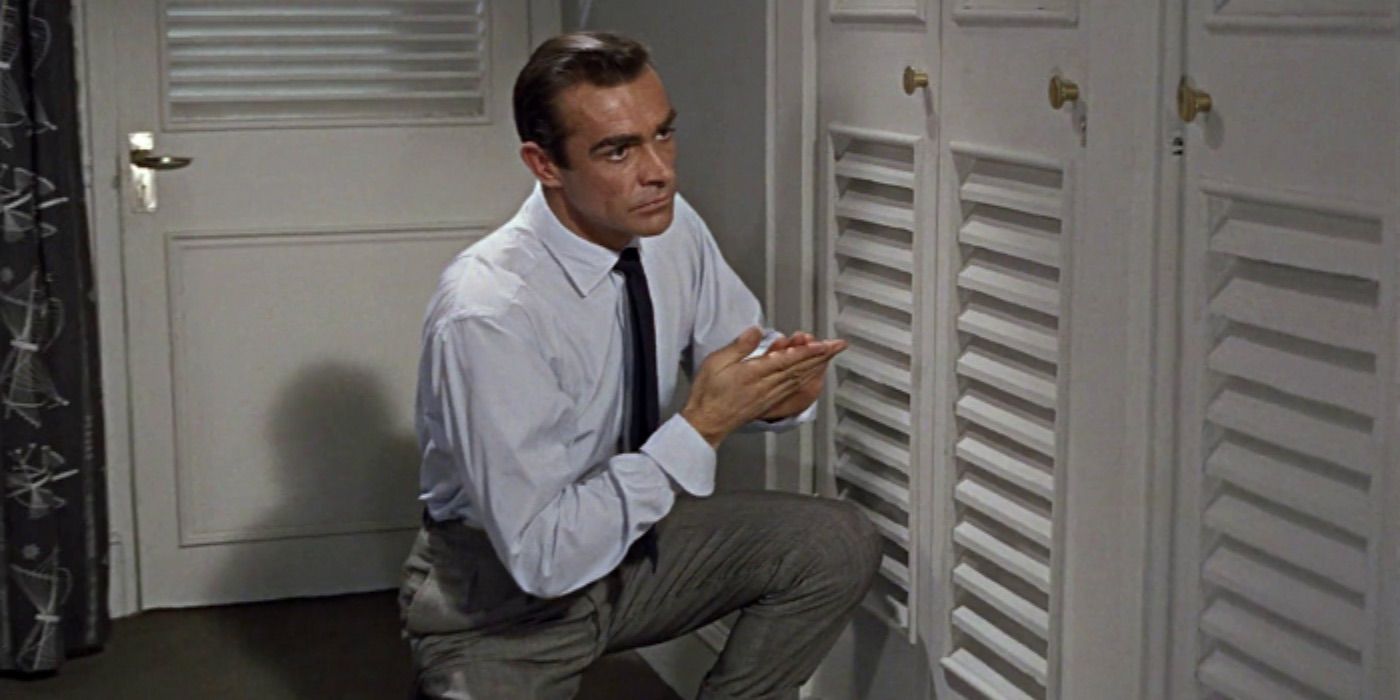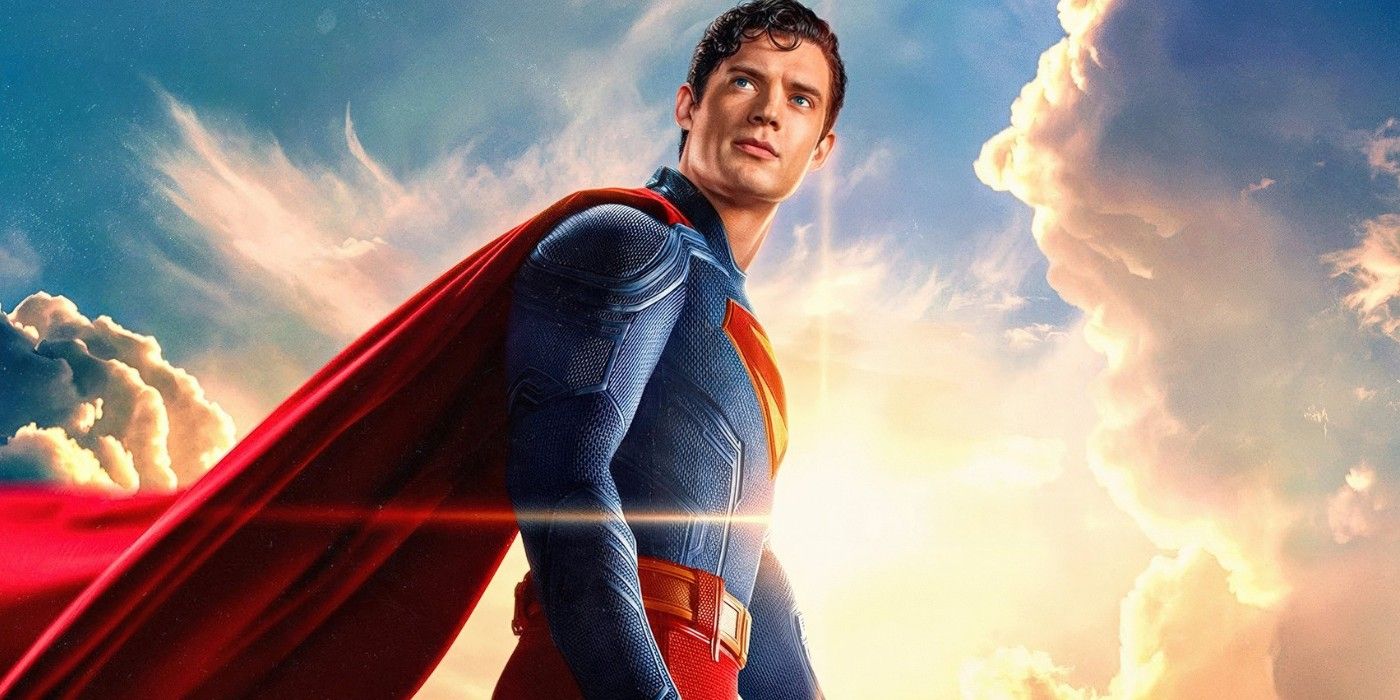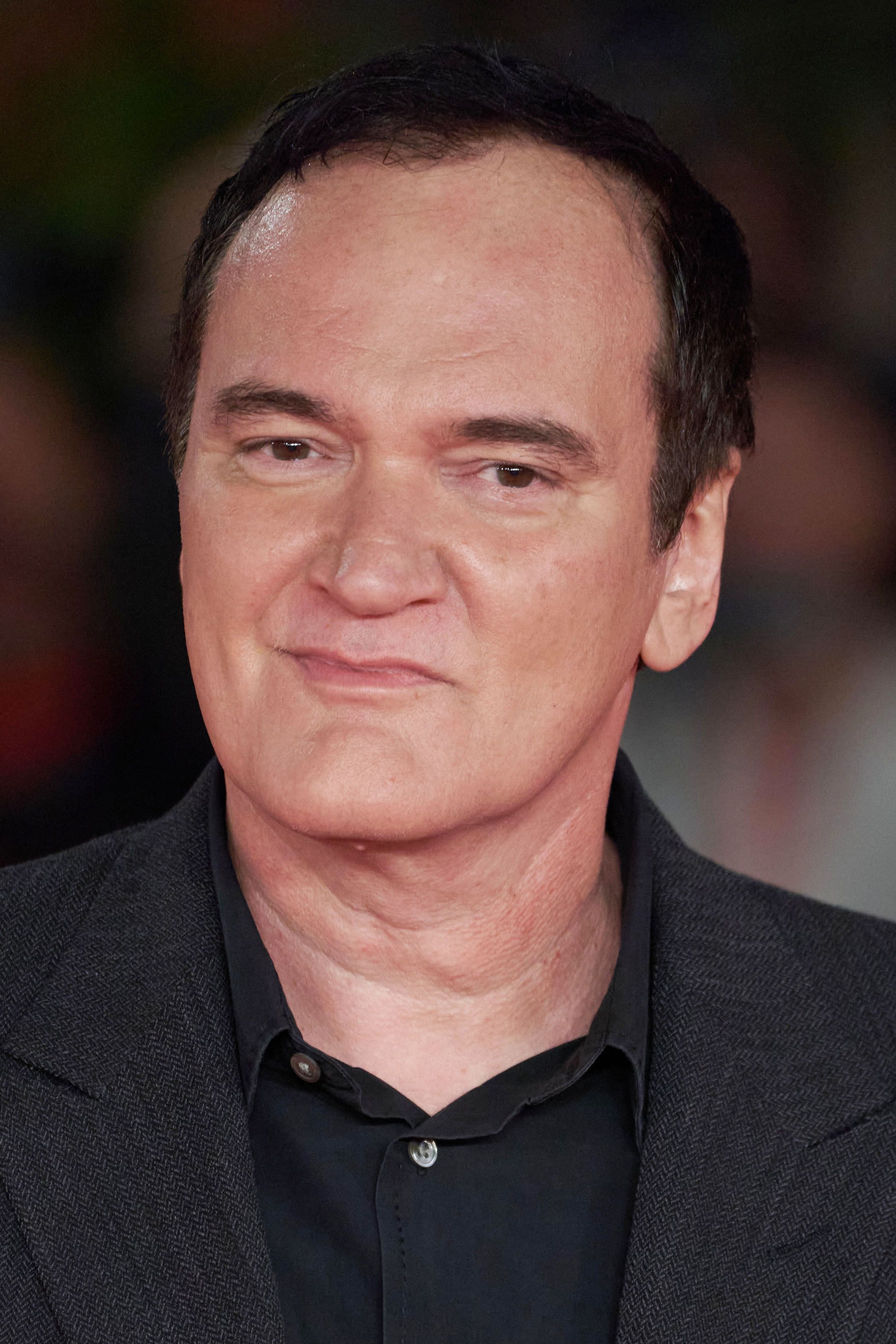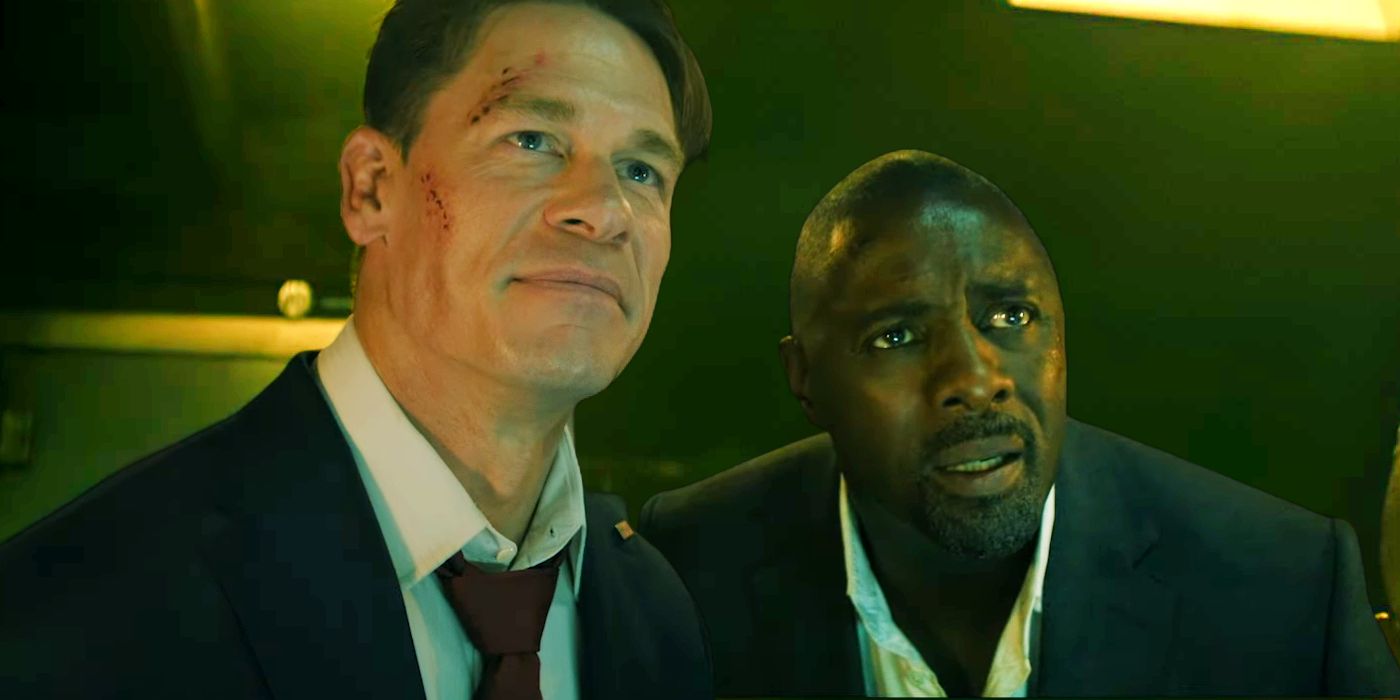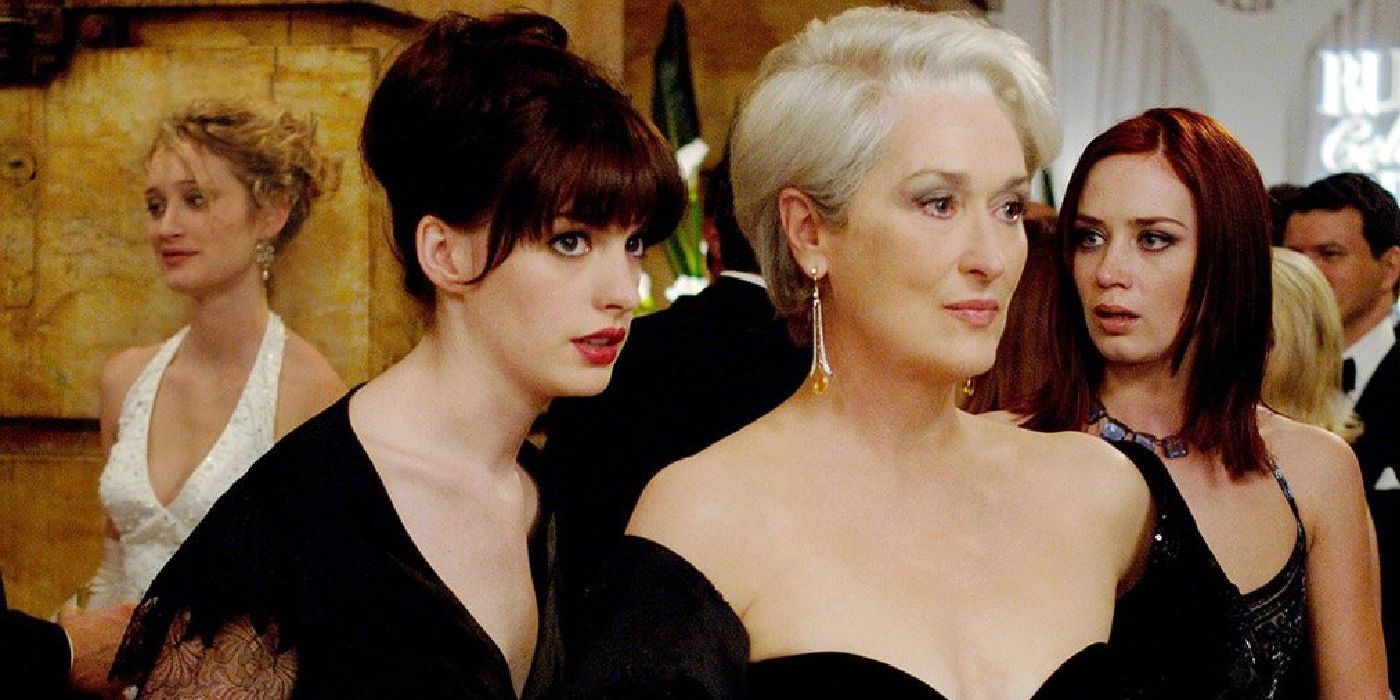Since Frankenstein is one of the most commonly adapted stories in cinematic history, it’s hardly surprising that fresh adaptations of Mary Shelley’s classic horror novel keep being made. Later in 2025, however, there will be not one but two new iterations of this seminal work. But although Maggie Gyllenhaal’s second outing as a director, The Bride!, will certainly pique the curiosity of many viewers, it’s Guillermo Del Toro’s Frankenstein that most fans of gothic horror are more excited about.
Del Toro has form reimagining a classic story, with his 2022 stop-motion version of Pinocchio a triumph of originality despite the specter of Walt Disney’s 1940 cartoon animation looming over its production. Yet with his Netflix-backed Frankenstein movie, Del Toro faces an even bigger challenge, setting his adaptation of the story apart from the rest, not least because there are so many other versions to compare it with. The one he’ll always be judged against, though, is James Whale’s 1931 adaptation, featuring Boris Karloff as Frankenstein’s Monster. This movie was the first Frankenstein to feature sound, and is widely considered a landmark moment in the development of both horror and sci-fi cinema.
Don’t Expect Del Toro’s Frankenstein To Be A Remake Of The Classic Movie
The Director Wants To Make An Adaptation More Faithful To Mary Shelley’s Novel
Guillermo Del Toro is known to be a big fan of Whale’s movie, to the extent that he has a seven-foot model of Karloff as the Monster hanging in his house. Still, it’s not this Frankenstein that he’s adapting for his latest project. The director is going even further back in time for inspiration, to the original source material itself. “To this day, nobody has made the book,” Del Toro told Den of Geek in 2016, referring to Shelley’s novel. “But the book became my bible.” It’s the book’s message about the grief, loneliness, and guilt which necessarily come with consciousness that Del Toro seemingly wants to convey.
Mary Shelley’s 1818 novel Frankenstein; or, The Modern Prometheus has a very different plot from its most famous movie adaptations, with three different narrative perspectives, including the Monster’s.
Unlike the brute with an abnormal brain played by Karloff, Shelley’s Monster is intelligent, self-aware, and capable of complex emotions. This version of Frankenstein’s grotesque eight-foot creation has proved impossible to bring to the big screen so far, as horror director Robert Eggers has recently attested to. Despite Eggers’ own failure to make a movie adaptation of Frankenstein, though, he and others in the movie industry are putting their faith in Del Toro adapting Shelley’s novel in full for the first time. Armed with an additional century of cinematic technology since Whale’s Frankenstein, there’s every chance that the Pinocchio director will make a success of his upcoming project.
Guillermo Del Toro’s Pinocchio Shows How Different His Frankenstein Will Be
This Version Of The Movie Could Get Even Darker
Del Toro is in a strong position to do a Frankenstein movie justice because of his own recent track record, too. His reimagining of Pinocchio for Netflix won widespread acclaim for its creativity and originality, which is no small achievement given that Disney’s 1940 adaptation of Carlo Collodi’s novel had overshadowed all other previous onscreen renderings. The critical hammering Disney’s own live-action Pinocchio took when it was released in the same year as Del Toro’s stop-motion version is indicative of just how difficult the director’s task was.
Not only was the method of storytelling in Del Toro’s Pinocchio very different and much darker than other versions. It also deviated considerably from both Collodi’s novel and the canonical Disney cartoon, turning the story into a meditation of mortality set in fascist Italy during the 1930s. This is the kind of invention we can expect from Frankenstein, as Del Toro doesn’t shy away from adding extra dimensions to a preexisting narrative when he feels they ought to be there, including political subtext.
The 1931 Frankenstein Will Be Difficult To Top (But Del Toro’s Film Sounds Exciting)
Although Whale’s Movie Is Definitive, Del Toro Can Bring Something New To The Story
At the same time, Del Toro is wise not to adhere too closely to the 1931 version of Frankenstein, because, for many horror fans, this will always be the definitive version. It contains Boris Karloff’s greatest monster movie role, which is commonly described as the greatest performance as Frankenstein’s Monster by any actor. Karloff’s sympathetic and multi-faceted portrayal of the Monster was revolutionary in cinema and the time, and laid the groundwork for other seminal classics such as King Kong in the years that followed.
What’s more, the 1931 Frankenstein introduced a new level of physical and naturalistic realism into the horror genre, and was instrumental in developing sci-fi as a movie genre. Del Toro won’t be able to make a movie that is quite as game-changing, since he’s working within a very different cinematic context. But if the first set pH๏τo of his Dr Frankenstein and the Monster are anything to go by, fans of both Whale’s movie and Shelley’s novel are in for quite a treat.
Source: Den of Geek
